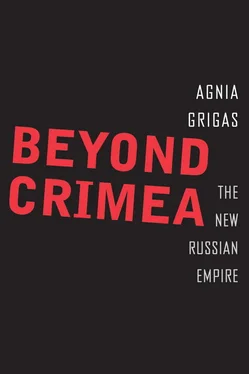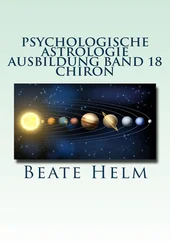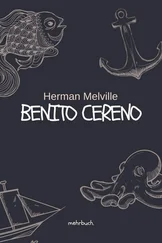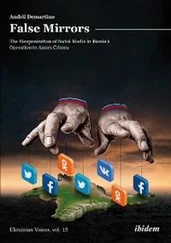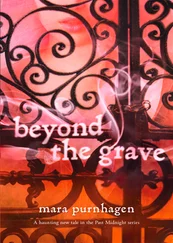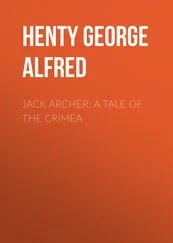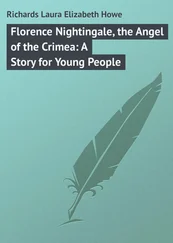The majority of Russia’s soft power instruments operate under the guiding concept and associated organizations that go under the name of the Russian World—a portmanteau term for the common post-Soviet space shared by a presumed special spiritual and civilizational community. Although the term might involve a plethora of interpretations, according to Marek Menkiszak of the Warsaw Centre for Eastern Studies, it is generally defined as “the community of Russian-speaking people centered around Russia, who identify with the Orthodox Christian religion and culture and who cherish the same shared values, irrespective of their citizenship and ethnic background.” 17The Russian World is institutionalized via the Russkiy Mir Foundation, which seeks to attune the Russophone community with Russian soft power and is widely recognized as an instrument of Moscow’s geopolitics. The strategic importance that the Russian government has attached to the foundation cannot be underestimated. Established in 2007 by decree of President Putin, it is a joint venture of the Ministry of Foreign Affairs and the Ministry of Education. It seeks to promote the Russian language and culture across the globe. The foundation estimates that some 35 million individuals in over ninety countries, the majority of which are concentrated in the CIS and the Baltic States, make up the Russian World. 18Since its inception, the chairman of the management board has been Vyacheslav Nikonov. The grandson of Stalin’s foreign minister Vyacheslav Molotov (of the famed secret Molotov-Ribbentrop Pact that sought to divide Eastern Europe between the Nazis and the Soviets), Nikonov served on the staff of Gorbachev, Yeltsin, and Putin, and as assistant to the chairman of the KGB in 1991–92. He is also a well-regarded political scientist. Under his guidance, the foundation has grown into a powerful organization. For its promotion of Russian culture, financing of various projects in Russian schools, and provision of Russian language and history courses abroad, the Russkiy Mir has been generally well received by the diaspora population. 19In some regards it can be compared to the British Council or the International Organisation of La Francophonie. However, the main distinction between Russkiy Mir and other similar organizations is its evident political dimension as exemplified by Nikonov’s ties to the Kremlin and the KGB, and its ideology of including in the Russian World only those Russians who maintain loyalty to Russia, thus excluding, for example, Russians who supported the removal of the Soviet monument in Estonia in 2007. 20Likewise it engages in exaggerated media coverage of various “injustices” suffered by the Russian minorities in their countries of residence—activities that have no parallel in the British Council or La Francophonie. 21
The Russian Orthodox Church has also become an institution of Russian soft power under the leadership of the Patriarch Kirill I of Moscow. Elected in 2009, Kirill, like Putin, is a native of St. Petersburg. He allegedly shares another feature in common with Putin—he has been reported as having had links to the KGB during the Soviet period as code-named agent “Mikhailov.” 22The patriarch has also been criticized by the Western media for his unflinching support for Putin’s regime, including calling the Putin era “a miracle of God.” 23Likewise, he has endorsed the Russian World policy, explaining in 2014: “the civilization of Russia belongs to something broader than the Russian Federation. This civilization we call the Russian world…. To this world can belong people who do not belong to the Slavic world, but who embraced the cultural and spiritual component of this world as their own.” 24Moreover, the head of the Orthodox Church does not shy away from voicing his view of Russia’s role in international affairs. In an interview in 2014 he declared that “Russia cannot be a vassal. Because Russia is not only a country, it is a whole civilization, it is a thousand-year story, a cultural melting-pot, of enormous power.” 25The patriarch has even been called “the most effective instrument of Russian soft power in the ‘near abroad.’ ” 26
The rising influence of the Russian church both domestically and abroad can be attributed to the strong revival of Orthodoxy since the 1990s. Though all religions, including the Russian church, were forcibly oppressed during the Soviet era, from 1991 to 2008 the share of Russian adults identifying as Orthodox Christian rose from 31 percent to 72 percent. 27Globally there are about 150 million adherents to the Russian Orthodox Church, which though autocephalous (autonomous) is part of the Eastern Orthodox Church with some 250 million followers. The church, headed by the Moscow Patriarchate, exercises jurisdiction over most Eastern Orthodox Christians living in the former republics of the USSR and their diasporas abroad. Out of all Eastern Orthodox churches in the post-Soviet states, only the autocephalous Georgian church is independent from Moscow. 28Meanwhile, the Armenian Apostolic Church, which is the world’s oldest national church and is part of Oriental rather than Eastern Orthodoxy, has historically remained both de jure and de facto free from Moscow’s clout. Due to its vast reach and rising influence, however, the Russian church has become an important element of Russia’s soft power efforts abroad and an inseparable part of the reimperialization trajectory, as will be seen in the case study chapters.
STAGE 2: HUMANITARIAN POLICIES
The rising prominence of human rights in international law has given rise to a “humanitarian dimension” in Russian foreign policy that constitutes the second stage of the trajectory. To date, this humanitarian dimension has been understudied. The very understanding of “humanitarian” policies differs in the West and Russia, where gumanitarnoye sotrudnichestvo (humanitarian cooperation) is used interchangeably with “public diplomacy” and refers to “people to people” policies, “NGO diplomacy,” and “cultural diplomacy.” 29The most recent Russian Foreign Policy Review of 2007 noted four aspects of the “humanitarian trend” of foreign policy: consular issues, human rights protection, cultural and scientific cooperation, and compatriot policies. 30However, to elaborate my proposed reimperialization paradigm, I will examine Russia’s humanitarian policies separately from complementary tools like soft power, compatriot policies, and consular efforts like passportization. Instead, I will include here Moscow’s escalation of human rights questions of Russian compatriots, assistance to the Russian diaspora abroad, and even peacekeeping operations.
The relationship of the Russian Federation to human rights has been somewhat paradoxical. On the one hand, Moscow has rejected outside criticisms of its own human rights violations. It has called for regional standards of human rights to meet the cultural and historical needs of particular societies, rather than standards imposed from the outside. On the other hand, Moscow still proclaims the universal nature of such rights. In practice, Russia mainly raises the issue of human rights on the international stage in relation to the rights of ethnic Russians, Russian speakers, or Russian citizens residing in the countries of its near abroad. In contrast to the norms of the international humanitarian community that stipulate that humanitarian assistance should be guided by principles of humanity, impartiality, neutrality, and independence from political, economic, military, and other objectives, Russia’s efforts to protect human rights are closely intertwined with the notion of assisting and protecting the rights of its compatriots. 31Most often, humanitarian efforts serve as a pretext to advance Russia’s geopolitical aims. Indeed, like Russia’s version of soft power, Russia’s humanitarian policies are also a unique construct.
Читать дальше
